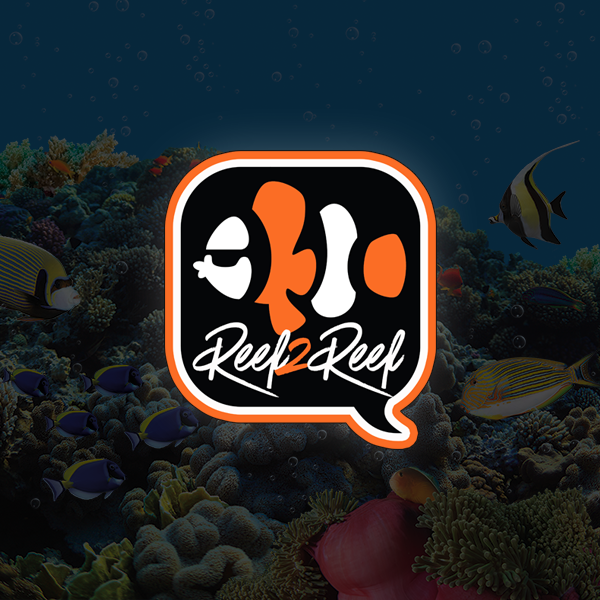I have a brute can that holds 26 gallons of water. When I mix new salt water I put in all the RODI needed, then about half the salt I think it will need. This is all done without heaters (about 68F). I let it mix for at least 1 hour then put in the other half of the salt (minus a little). Let it mix for another hour. Then I test the salinity and make adjustments.
I have been having some trouble making sure my salinity is correct. I have a milwaukee digital refractometer (black and green one) that I have calibrated with RODI water at the same temp as the new saltwater (both bins sit right next to eachother). I am assuming that because the refractometer has auto temp correction, that I don't need to heat up my water to test it as long as I calibrate with the same temp of water.
I just did a check today using the calibration fluid that was sent with it and the refractometer is reading 1.027 instead of 1.025. The calibration fluid was also the same temp in that same room. Not sure why this is happening.
Any help or advice on how I can fix these issues or change my process would be much appreciated. I don't want to have to heat the bin of new saltwater, but I can if needed.
I have been having some trouble making sure my salinity is correct. I have a milwaukee digital refractometer (black and green one) that I have calibrated with RODI water at the same temp as the new saltwater (both bins sit right next to eachother). I am assuming that because the refractometer has auto temp correction, that I don't need to heat up my water to test it as long as I calibrate with the same temp of water.
I just did a check today using the calibration fluid that was sent with it and the refractometer is reading 1.027 instead of 1.025. The calibration fluid was also the same temp in that same room. Not sure why this is happening.
Any help or advice on how I can fix these issues or change my process would be much appreciated. I don't want to have to heat the bin of new saltwater, but I can if needed.




















